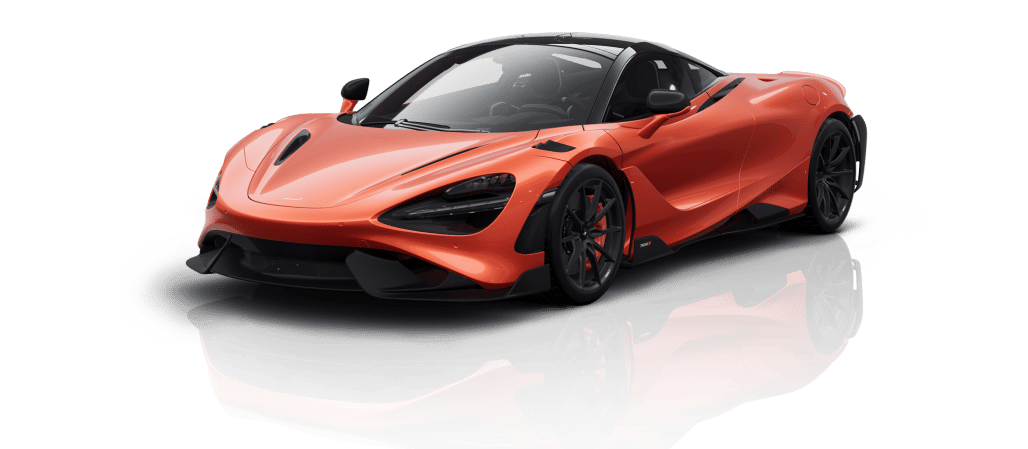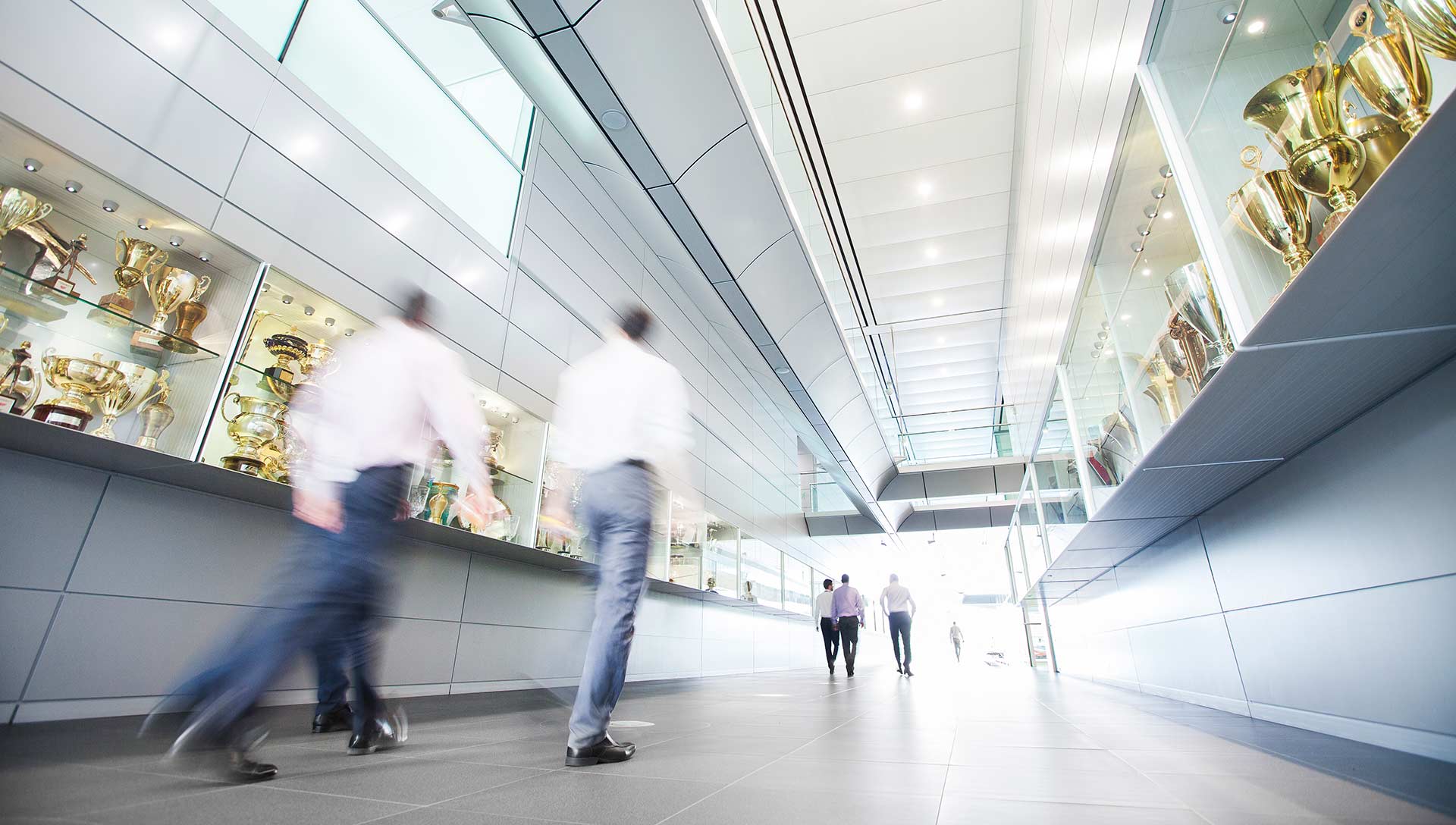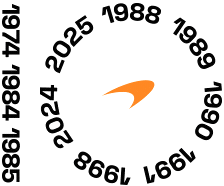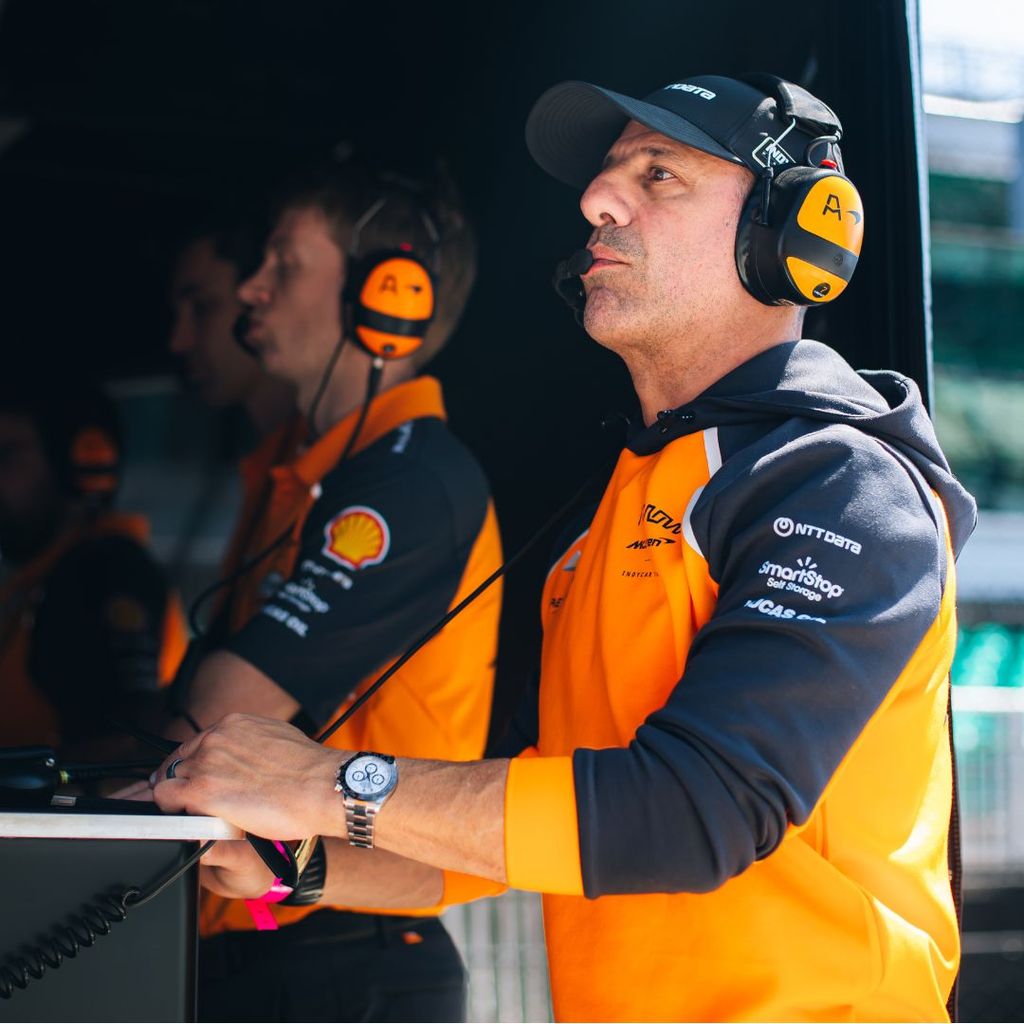
1-on-1 with Team Principal Tony Kanaan
"I truly believe we have one of the best teams in the paddock as far as team personnel and talent. It’s up to us to execute."
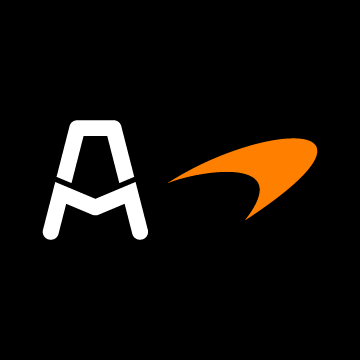
It’s been a busy year for Tony Kanaan who took over as Arrow McLaren Team Principal in February and then helped guide the team to its best historical finish to date. Arrow McLaren achieved 2nd (Pato O’Ward) and 5th (Christian Lundgaard) place finishes in the series championship with two wins, 12 podiums and three pole awards, but the work has just begun for Tony.
When looking forward to 2026, he has high expectations and goals for the team, and a new race shop to build, as well. We sat down with Tony to get his thoughts on 2025 and the road ahead:
This past season was your first as Arrow McLaren Team Principal. What was that experience like in Year 1? What did you learn?
The transition was kind of organic, because I was in the team already for quite a bit of time. I think the biggest thing was the sense of responsibility. It was much higher. I felt responsible for 120 people. But overall, with a new role, you adjust. You make mistakes, you fix them. You apologize to people when you didn’t make the right call.
I think for me, the thing I heard from leadership was that they wanted me to be present. So, I said, ‘You guys don't have to worry about that. I'll be here but be careful what you wish for because I might be here a lot.’ I spent a lot more time on the shop floor than I actually did in my office. I pretty much went with my instinct, which is what I've done my entire life and in my previous career, so that helped quite a bit to navigate the issues. Obviously, I made some tough decisions along the way, but, at the end of the day, that's what I'm here for. It was a big learning process, but I always knew as long as you get the people and the culture that you believe in, you don’t need to convince anybody else.
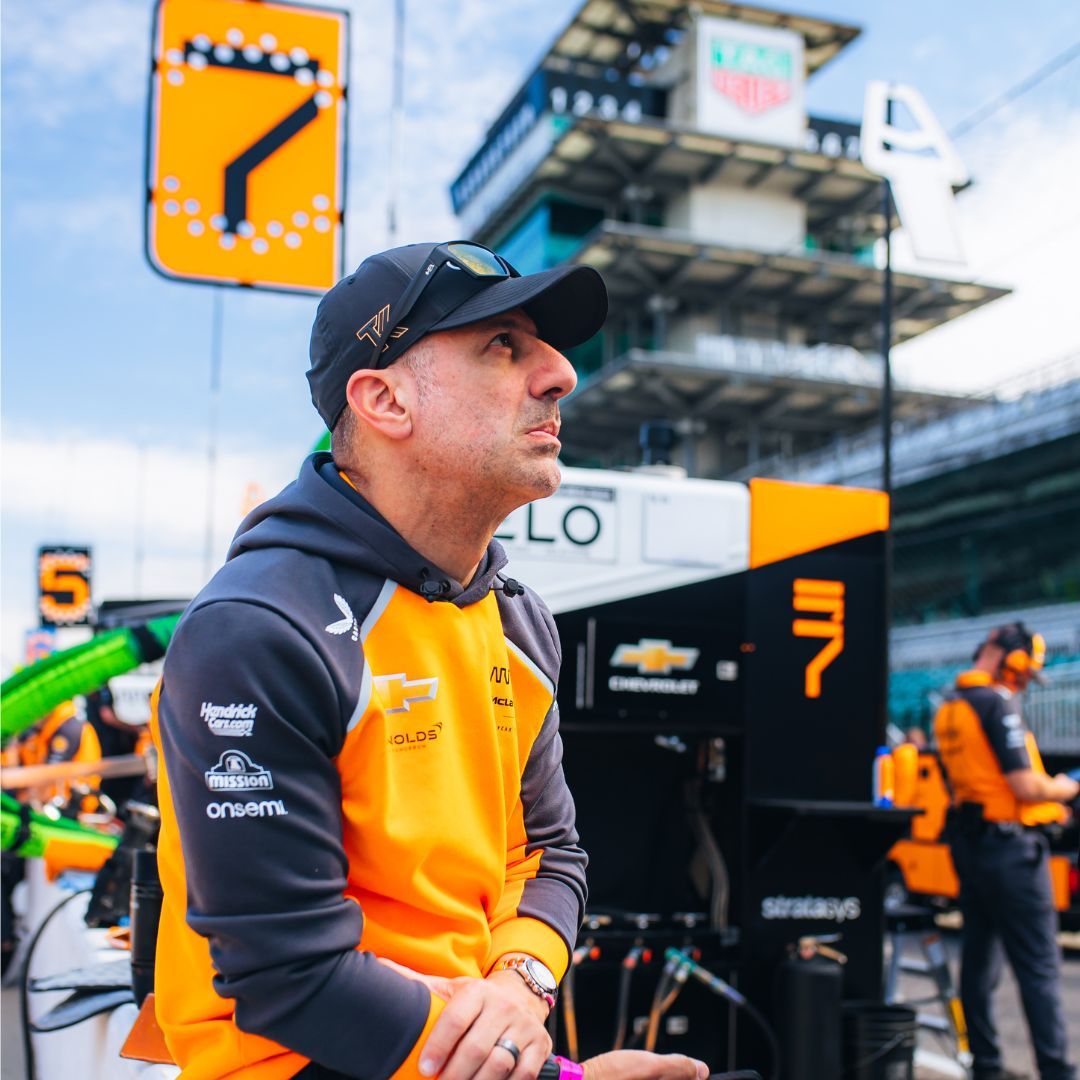
What was the biggest learning curve for you?
The biggest learning curve for me - something that I needed to do differently – was actually that I don't need to make every decision in a split second. On certain decisions, I can take a day or two depending on the situation. That’s very different from being a race car driver on track where you have to make every decision right away.
Along those lines – are there general lessons that you can take from your driving career that can apply to this role?
The jobs are very different, but there are a lot of similarities – the pressure, the accountability. You get judged on every race. You're always playing the game of how much you give and take with your people. How do you figure out how to get the best out of everyone? The biggest difference is I always had to figure out how I would get the best out of myself in the race car. Now, I'm trying to figure out who are the people that I need to put in the right place at the right time, and how to push them, to spread it to the entire team to do the same thing.
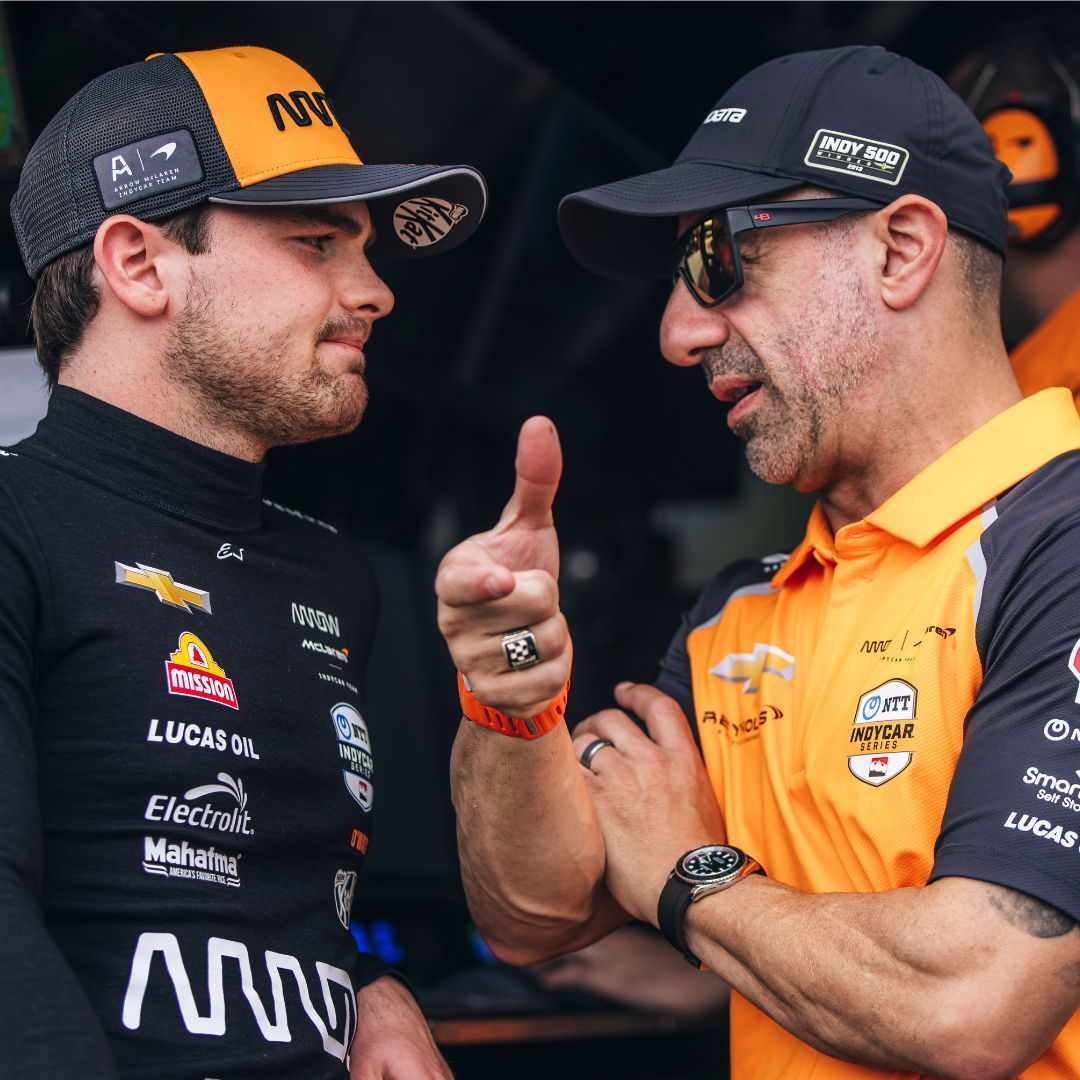
Looking back on this past season, how would you evaluate the team's performance?
It depends on how you look at it. I’m realistic, but I’m greedy in a good way when it comes to my standards. You know who had a good season? The 10 car. For everybody else, I don’t think you had a good (season) when one guy wins eight races. I can see the positives from our season, and we always have to be able to capitalize and motivate ourselves from that. But again, when one team and one car dominated that much, 26 other cars failed the task. So, I think it was a learning curve. We had our best season, but I find it hard to say we had an awesome season. It was the best result (in team history), but my standard is much higher. But all in all, we made some great additions to the team. My expectations are always going to be higher, but it was a pretty good season.
Looking ahead to 2026, what are the key priorities that you're focusing on this offseason?
I think my biggest goal is to keep pushing the individuals here for us to keep growing and increasing the quality and the results. My biggest job and goal for next year is to make people work together and culturally have the same goal. That is the definition of success, and that will translate to wins. Now, if you can only rely on wins and racing results, so many things have to happen that are outside of your control. I can also have a positive outcome, although the result was not there. It’s hard to explain to the public, to fans and partners, because it’s always going to sound like an excuse. But I have a vision of how I want this team to be, and it has to go in stages. It's no different than when I was a rookie. Yeah, I wanted to win the championship. Was I going to win the championship my first year? Most likely not. So, I had to plan. This is a big plan to me. We'll be executing as well as we can. I think I have the right people in the right places. It doesn’t mean anything if we don’t win races or the championship or the 500, but the biggest goal is to keep positioning everyone to be able to perform to the best of their abilities. And I truly believe we have one of the best teams in the paddock as far as team personnel and talent. It’s up to us to execute.
What are you most excited about with the new race shop? And how will it help the team?
Ironically, it's a shop where I had the most success in my career. As a driver, you say, ‘I love that track.’ When a driver loves a track, it’s because he won there a lot. So, I love the new shop because I won a lot when I was there (with Andretti). It's going to be a big morale improvement for the team. It's going to sound materialistic, but it's not because the environment means a lot to everyone. We are always looking for a better environment for our families, a better environment for our coworkers, or a better environment in the world. It counts quite a bit even though you don't realize it – for your motivation, your mood, your psychological state.
As a brand, when you talk about McLaren, the expectations are high. The more successful you are, the more people ask of you. People look at you more. So, when you talk about McLaren and you bring somebody to the current shop – it's a small shop. It's nice, it's cozy. I love this place, and it’s where everything started. But we grew from 30 people to 120, from one car to four. We're crowded. We are not efficient. That takes a toll on people, and I think this shop is going to just change everything. It doesn't mean that it's going to translate to results at the racetrack. But, to me, it will be huge for the work environment and team morale. If you are a runner, when you buy a new shoe, you can't wait to go run. I think that feeling is going to motivate the team even more to push forward. We’re all very excited for that moment.

